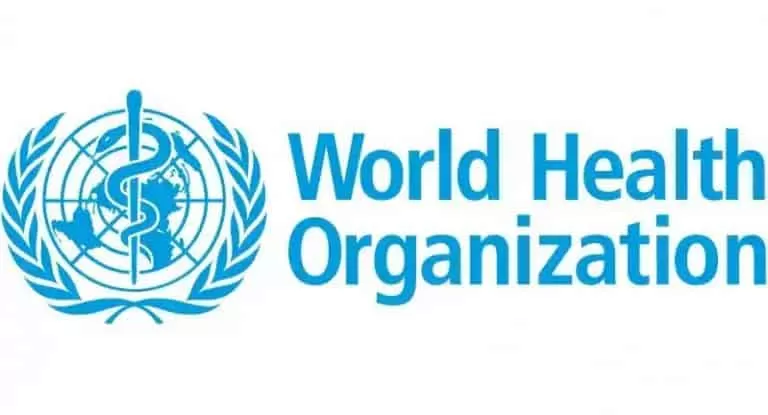

Last updated on September 11th, 2021 at 02:43 pm
The World Health Organization earlier this week (June 17) reiterated concerns over the rate at which covid-19 exposes women in Africa “to a higher risk of abuse and gender-based violence.”
This comes after hundreds of cases on rape and other forms of violence against women have been recorded in parts of the continent.
Dr. Matshidiso Moeti is WHO regional Director for Africa: “The physical distances associated with home stay orders have affected women’s businesses, their ability to earn a living on a daily basis and, in some cases, have unfortunately exposed women involved in abusive relationships to a higher risk of violence, gender-based violence.”
Bineta Diop is the AU’s special envoy on women peace and security: “The majority of African women are in the informal labour market, losing their jobs and being asked to stay safe at home.
“So, definitively, I can say that the impact of COVID-19 has the face of women in particular on our continent. Because of the situation, they are [more] disproportionately affected than men.”
Analysts say, sexual and gender-based-violence is a hidden ramification of the covid-19 pandemic that will likely cause many women to suffer in silence.
According to the World Health Organisation, 35% of women around the world have already experienced some form of sexual and gender-based violence in their lifetime.
(AFP)
US Secretary of State Marco Rubio ordered South African Ambassador Ebrahim Rasool to leave America by March 21 because he…
Early 2025 ends with IPL fever in India and cricket fans receive good news of an international schedule full of…
National teams from Africa advance their World Cup qualification pursuit as they take part in Matchday 5 of the qualifiers.…
Creative Africa Nexus (CANEX) is running the Book Factory Prize for Publishing in Africa again to award $28,000 to African…
Canadian companies have expanded their presence as major African mining stakeholders and invested more than $37 billion. Africa holds the…
The South African government wants people to plant one million trees across the nation within a single day on September…
This website uses cookies.